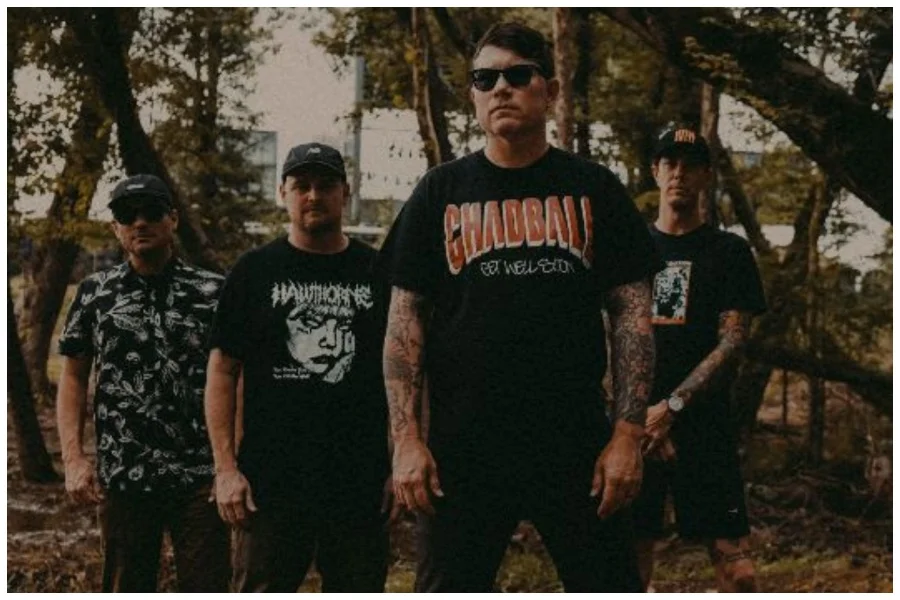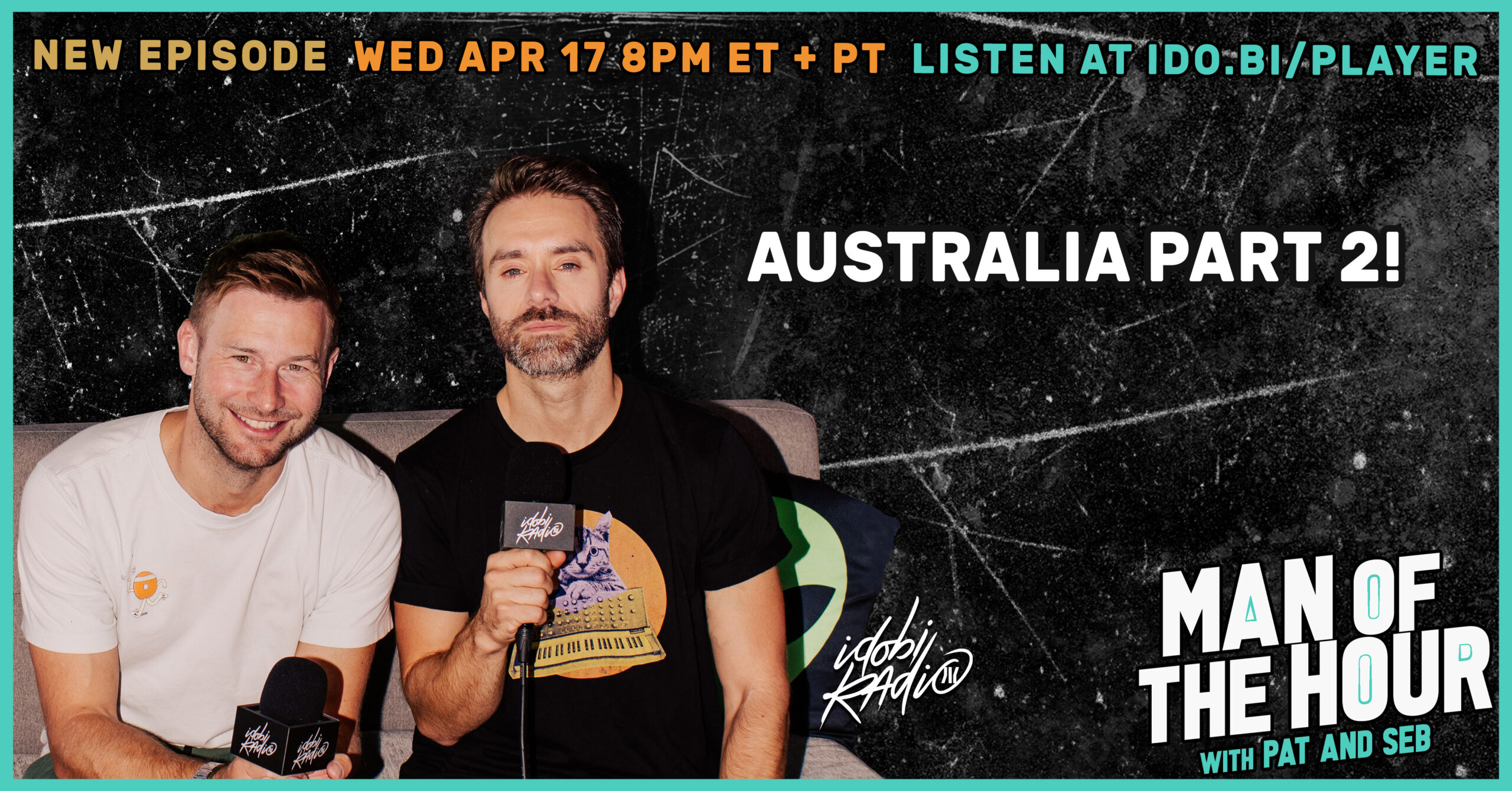The recording industry from artists to major labels joined on Thursday in a rare show of unity to demand tougher laws barring what they called “payola”-like promotion of music played on the radio.
They also called for a sweeping government review of radio industry consolidation.
Deregulation of the radio business and rampant practices that skirt 40-year-old anti-payola laws stifle competition, drive up music promotional costs and make it harder for new artists to gain attention, the artists and record labels said in a joint statement addressed to the federal regulators and Congress.
The statement was endorsed by a broad coalition of trade groups, led by the powerful Recording Industry Association of America (RIAA), which represents major music companies, along with several talent unions and the Grammy-sponsoring National Academy of Recording Arts and Sciences.
But a spokeswoman for the nation’s biggest radio station group, Clear Channel Communications Inc., which was singled out for criticism in the letter, dismissed the RIAA’s complaints as “absurd.” She insisted that decisions about airplay are driven strictly by research showing what the public wants to hear.
Federal law bars radio stations from accepting payments in exchange for playing particular songs on the airwaves – a practice known as “payola” – unless that information is disclosed to listeners.
‘DE FACTO PAYOLA’
But the music industry coalition says the law is widely circumvented by broadcasters and independent radio promoters through business practices that “we consider a de facto form of payola.” Artists, in particular, are hurt because under most recording contracts, promotional costs come out of their royalties, said Michael Bracy of the Future of Music Coalition.
In essence, payments are funneled indirectly to broadcasters from music labels through independent promoters, who ostensibly pay for advance playlist information provided by station groups but use their influence to get certain songs on the air, the coalition said.
“There is widespread concern in the music community about access to the public airwaves and the way independent promotion has evolved,” RIAA spokeswoman Amy Weiss told Reuters.
“It’s been 40 years since the government has enacted payola laws to address this practice, and it seems appropriate for the government to take a fresh look at this issue.”
The groups also criticized broadcasting giants, such as industry leader Clear Channel, which owns 1,225 stations nationwide, for flexing their “sheer market power” in ways that can “make or break a hit song.”
Since the radio industry was deregulated by Congress in 1996, Clear Channel and three other large station groups now account for 63 percent of the 41 million listeners who tune into “contemporary hit radio,” or Top 40, program formats, the letter said. As a result, decisions about what songs get airplay have become increasingly centralized, it said.
But Clean Channel spokeswoman Pam Taylor said airplay is based solely on research into listeners’ musical tastes, and that research is what the labels, through independent promoters, are paying for.
NO TIE BETWEEN DOLLARS AND AIRPLAY?
“There is no relationship between dollars and airplay,” Taylor said. “In the end, what matters is whether or not our programming works and we have listeners, and our advertisers, therefore, want to pay to be on the station.”
She said the independent promotion business bemoaned by the labels are a product of the music industry, not broadcasters.
“It is blatantly absurd that they attempt to hold the radio industry accountable for the creation or execution of business practices that they control,” Taylor said. “The money comes from them.”
She also disputed the notion broadcasting consolidation has homogenized radio, saying cross-ownership often has led to a more diverse array of formats in a single market.
And she denied as “unequivocally false” assertions by the music industry that big, vertically integrated companies like Clear Channel, which own concert promotion businesses as well as radio stations, refuse to give airplay to artists whose tours are promoted by rivals.





























